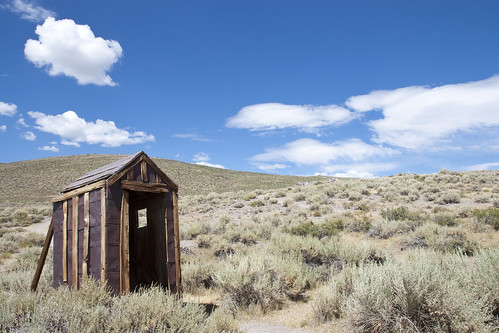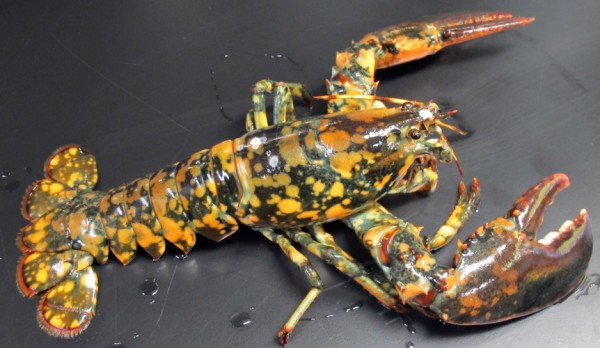By Sayward Rebhal
Can you hear that? It's the sound of the world waking up. It's the sound
of springtime, and boy howdy friends, does it sound fantastic.
Spring is all about curbside daffodils, warm and friendly drizzling rain on the
concrete, birdsong and baby squirrels, opening windows and airing out the winter musties. Spring is such a hopeful time of year!
And perhaps my very favorite sign of the changing season, is the start of the
Farmer's Market.
Spring means fresh food again: the tender greens and the precious
asparagus, lazily leading into strawberry season ... which means
all-the-other-berries season is right around the corner. Before you know
it, there will be heirloom tomatoes and juicy peaches, and just when
you're starting to feel overheated, the weather will shift again and the
greens will return for their second showing. That will mean the
glorious gourd days are right around the corner, with butternuts,
acorns, and kabocha. Pumpkins everywhere, slowly dwindling down each
week, until there's nothing left on the market tables but a few potatoes
and artisanal food products like jam, honey and breads. If you are
lucky enough to live nearby it, the Red Rock Springs Farmer's Market,
which was started by a
Phoenix electrician, sells artisanal hot sauce and salsa. And so it comes full circle.
Are you excited yet? Market season is upon us, so I'm sharing my best
tips for making the most of your experience. In no particular order:
1. Buy in season and save.
It's always cheaper (and tastier) to buy food at the peak of it's
season. For example right now, in May, I can get organic tomatoes at the
supermarket for double (or more) what I'll pay at the Farmer's Market
in August. The problem, of course, is that we don't just want to eat
tomatoes in August! We want them year-round, and so we must
learn to preserve them (and everything else along with them).
You can preserve by freezing (wash and chop first!), canning,
fermenting, and drying/dehydrating. Different techniques lend themselves
best to different foods. There's tons of tutorials all over the
internet, so get your Google on and have fun with it!
2. Learn what you should skip, and what's considered a score.
There are some things that will always be cheaper at the supermarket,
and if you're trying to save money, it helps to know what they are. For
example in my neck of the woods, I can get a bag of organic carrots at
Trader Joe's for 0.79 cents, year-round. But it doesn't matter what
month it is or how much overstock they've got - I'm never going to find a
price that low at the Farmer's Market.
Conversely, organic cilantro at Trader Joe's is $1.99 for a tiny
package. But for most of the season, I can get cilantro at my Farmer's
Market for $1.50 per big bundle. It's a steal and I snap some up every
single week. So pay attention to those sorts of comparisons, and you'll
learn which foods you should seize, and which you should skip.
3. Don't get over-zealous.
I'm so guilty! A few times in my early market days, I became
too excited,
too inspired, and went home with
way too much food. Such a tragedy when it goes to waste. Don't get carried away!
4. Be a bargain hunter - not all stalls are equal.
Farmers are people, and people have different priorities. Some will put
out pristine specimens and price them higher; others will throw out the
bruised the battered veggies for a fraction of the cost.
Make at least one complete pass around the market prior to purchasing anything. This way you'll know exactly what you're working with. Farmer's Market is an experience, so enjoy it and take your time.
5. Ask questions.
Farmers are mostly happy to engage, and it helps if you know which
questions to ask. For example, we all want organic produce, but official
organic certification is expensive, and many farms just skip it. They
won't be able to say, "Yes it's organic", even if they follow all the
same protocols. So instead of opening with, "Is it organic?" try asking,
"Do you spray?" This is a better lead-in for them to let you know where
they're coming from.
As well, don't be afraid to ask for advice. If you see something that
looks super interesting, or that's a real bargain, but you don't have
any idea how to prepare it, just ask the farmer. Recipe for rutabaga? I
bet they have one! How to prep fava beans? They've probably got a few
tips! Remember, nobody knows the food better than the people who grow it
themselves.
6. Time your trip to suit your needs.
It all depends on what you want to get out of the market. For the very
best selection, go first thing in the morning. You'll get food that was
in the ground mere hours ago, and you'll get first choice on everything.
But for the best social experience, go mid-morning through lunchtime.
That's when there will be families and food vendors, jugglers and
musicians, kiddies running around on the grass and the very best people
watching. Finally, for rock-bottom prices, show up just before closing.
Farmers would rather get rid of stuff at reduced prices than haul it all
the way back home. The selection will be poor, but you can't beat the
bargains.
So are you ready to hit the ground running? Don't forget your cash and your cloth bag. Happy shopping!
















 Are
your neighbors tired of you stealing their unsecured wi-fi? Here’s an
expensive alternative to providing password protection. The Grenoble
Institut Polytechnique and its research partners have developed
wallpaper that blocks wi-fi transmissions:
Are
your neighbors tired of you stealing their unsecured wi-fi? Here’s an
expensive alternative to providing password protection. The Grenoble
Institut Polytechnique and its research partners have developed
wallpaper that blocks wi-fi transmissions:

 The
carnivorous pitcher plant Nepenthes bicalcarata isn't that terrifying
of a deathtrap: its pitcher leaf isn't slippery and it doesn't have
the corrosive slime that kill its victims quickly.
The
carnivorous pitcher plant Nepenthes bicalcarata isn't that terrifying
of a deathtrap: its pitcher leaf isn't slippery and it doesn't have
the corrosive slime that kill its victims quickly.


 And
so the ape uprising has begun.
And
so the ape uprising has begun. 